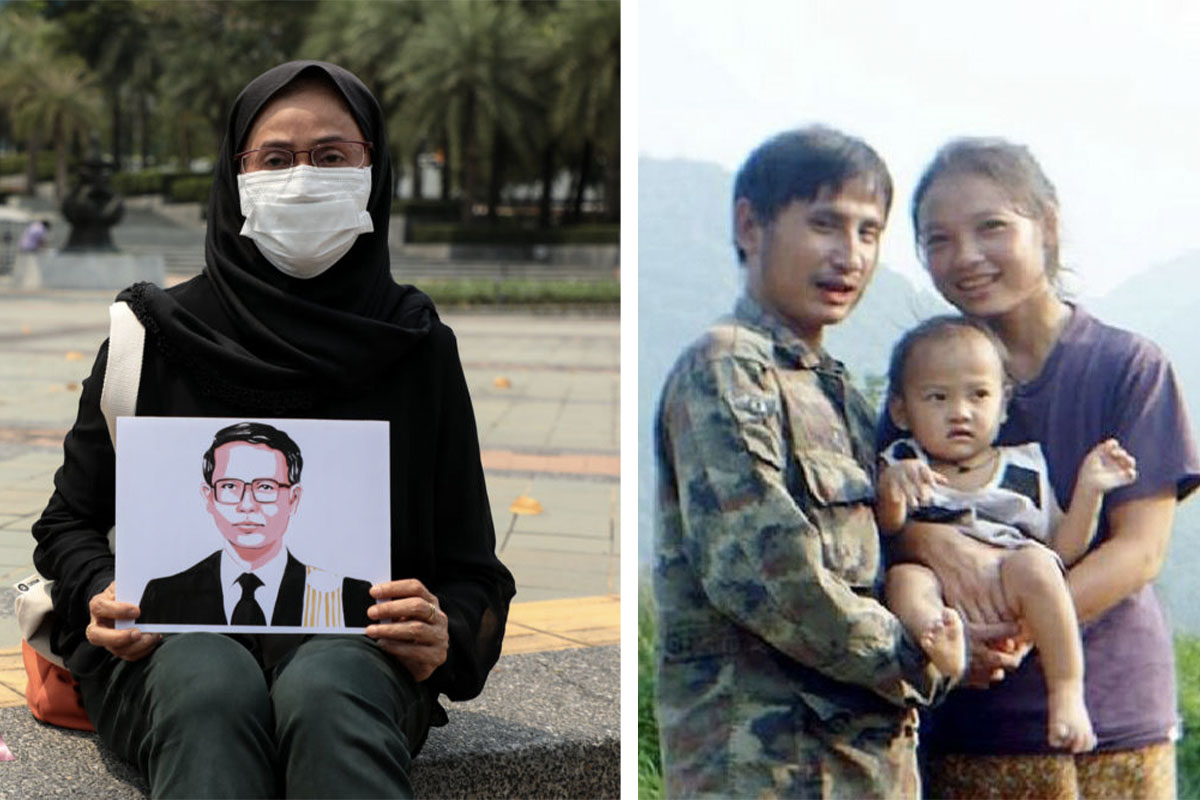One of the key campaigners for a long-delayed bill banning torture and enforced disappearances said this morning people would have to “wait and see” what happens to it in the Senate after it was passed unanimously in the House of Representatives.
Angkhana Neelaphaijit, who rose to prominence as a rights defender since the 2004 disappearance of her lawyer husband, Somchai Neelaphaijit, said this won’t be the first time the bill has reached the upper house.
“The bill was advanced to the Senate before, but it did not get approval,” she told Coconuts. “I believe that the increased interest and attention will give the military Senate much to think about, so that we can protect people.”
Lawmakers to date have shown little interest in passing the law, as Thailand committed to 15 years ago when it signed onto a U.N. anti-torture convention. The military, which has been linked to the systematic use of torture in the Deep South, controls who sits in the Senate, roughly one-third of whom are senior brass.
“We will have to wait and see,” Angkhana added.
The bill would create a long-overdue legal mechanism to punish those found responsible for mysterious disappearances or torture with up to 30 years in jail. It would apply retroactively to the many unsolved cases blemishing Thailand’s reputation.
The bill was passed by the lower assembly just five months ago.
If the law is passed, the relatives of those who have gone missing would be able to seek compensation. That includes people like Angkhana as well as Pinnapha Phrueksapan, whose husband, ethnic Karen activist Porjalee “Billy” Rakchongcharoen, disappeared in 2014. His burned body was found in 2019 inside a submerged oil drum five years after he was taken into custody by Kaeng Krachan National Park officials.





Reader Interactions